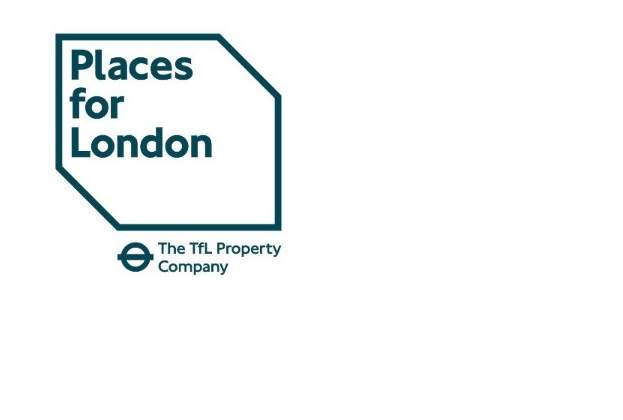The response of the Government to the Covid-19 pandemic and the measures it has taken to support the retail and hospitality sectors has been well recorded, with the primary aim being to help occupiers reduce their outgoings.
The picture for landlords, however, has not been quite so clear. The business rates holiday only helps trading operators and the rent moratorium means that landlords are unable to proactively look to re-let sites that are clearly not going to survive beyond March 2022 when the moratorium is due to end.
The aim of the moratorium was simply to prevent commercial landlords from being able to evict a tenant for non-payment of rent, and while this has generally been accepted as a necessary and vital short term solution, the continual quarterly extensions throughout 2020, followed by the latest extension to 25 March 2022, have perhaps been more controversial.
The measures taken have undoubtedly been a lifeline to those tenants under pressure. However, it has also provided the opportunity for some occupiers to take advantage of the situation and not make rental payments, despite being in a position to do so.
Another potential risk created by the extension of the moratorium is the fear of ‘zombie occupiers’ – an occupier who was unlikely to survive the pandemic irrespective of the support granted. They now, however, remain in occupation with no intention of paying rent and will likely enter insolvency proceedings when the Government intervention ends. In the meantime, the landlord is unable to secure a new, viable tenant and instead, the unrecoverable debt will accrue until March next year, when an earlier solution could have been found.
This means that the end of the moratorium will become a crucial moment for the retail sector. Retailers will either have been provided with enough time to recover sufficient revenue to trade successfully, or it may become the catalyst for a marked increase in the supply of vacant units. The true number of these so-called zombie occupiers will therefore only become apparent as of next spring.
As we approach that time, there is an expectation from the Government that landlords and tenants come together to address the arrears built up during the pandemic in order to protect jobs within the sector. While agreements have been reached for many businesses, some are seeing the pressure increase.
In those instances where amicable arrangements cannot be reached, there will be an arbitration process created as a dispute resolution service. At present, there is limited information on how this will work in practice, but what has been confirmed is the intention to ring fence the debt accrued since March 2020 to allow for further discussions to take place. This area undoubtedly needs careful review and will become a crucial factor in the long term recovery of the UK’s retail market.
Further information
.jpg)



.jpg)

.jpg)



.jpg)